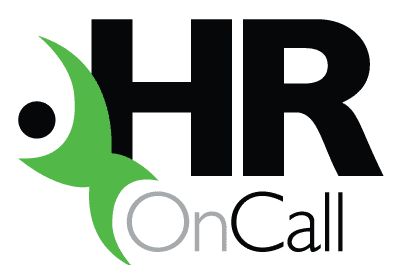When recruiting staff is tough because demand exceeds supply, part of the solution lies in retaining and developing your existing employees to grow alongside your business. Here’s how to help keep employees feeling the love.
The Post-Covid labour market in Australia is a seller’s market. This means there is a surplus of job vacancies compared to the number of appropriate applicants competing for them. If you’re a small business struggling to recruit, you’re definitely not alone! In a series of three articles, we delve into some insider’s tips about how to be smarter in order to retain talent, attract talent and win talent in a tightening employment market.
Onboarding – Joining the team from afar
Welcoming a new employee to the business and settling them into their role and the company culture is vital to set them up for success and productivity. This type of connection is more difficult to establish remotely with a new employee rather than to continue with someone who has been working within the organisation for some time. For this reason, remote onboarding must be undertaken with both careful preparation and persistence.
The key thing is to establish and maintain contact via an online digital platform from the moment the candidate accepts the role. This means making sure new employees have everything they need in terms of technology – there’s nothing more off-putting than dodgy equipment and slow internet. Then set-up daily meetings with managers and other staff to build rapport and complete the onboarding tasks required.
One way to mitigate the distance of remote connection, to a degree, is to send a welcome pack containing tactile items, such as mugs, books, journals, drink bottles – even socks. Having the brand physically present in your employee’s home workspace can go a long way to helping the new recruit identify with your company and feel part of the team.
Business travel – Productivity beyond borders
Companies that routinely sent employees internationally before the pandemic have had to make big adjustments. Many watched carefully as borders opened and closed, depending on Covid outbreaks, ready to send employees across borders to attend events or complete tasks. This level of flexibility and last minute (sometimes nail-biting) planning creates uncertainty and stress. One of the likely outcomes after the pandemic is companies choosing to focus more on regional travel rather than across the world, where possible. Setting assignments closer to home means a greater level of control and reduced complexity when it comes to implementing and administering business travel.
Another change as a result of the pandemic is companies choosing to use local talent and suppliers to complete tasks internationally, rather than send employees across. This is made easier by the quality and reliability of remote meeting tools, allowing managers to source, recruit and manage people overseas with greater ease and convenience than prior to the pandemic.
Need specialist HR advice and support?
We’re here to help. Call us on 1300 827 566 for a free 15-minute cal


